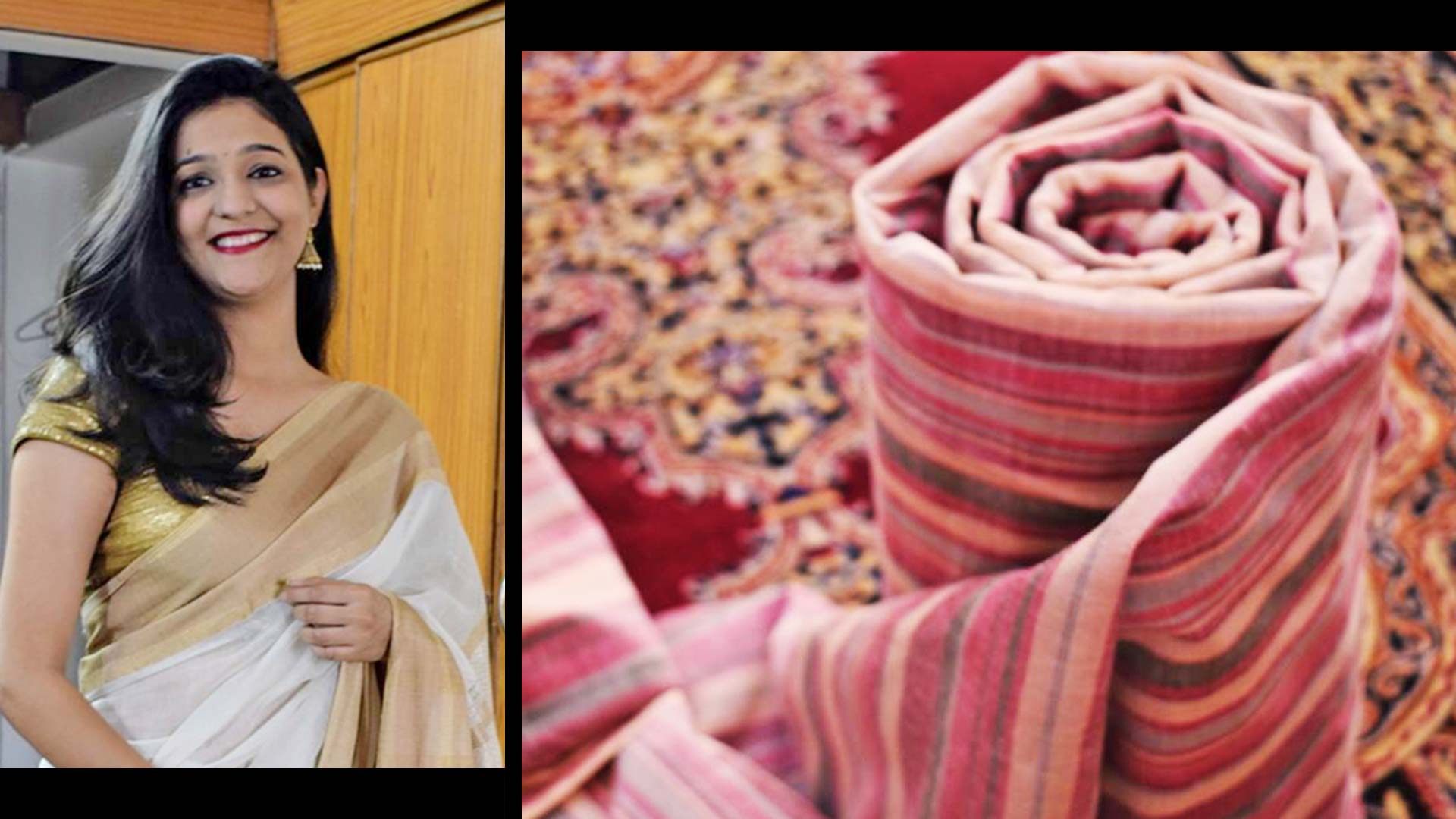BUSINESS
Umang Shridhar – Giving employment to uncountable talented local craftsmen

Umang Shridhar is the founder of KhaDigi, a business-to-business fabric provider stage that expects to enable ladies and craftsmen in provincial India who realize how to turn Ambar Charkha and weave on a handloom. The name comes from Khadi and the computerized innovation used to print the texture.
Utilizing handloom weavers, dyers, block printers, and different craftsmen, KhaDigi’s textures are either handspun or handwoven utilizing cotton, silk, soya waste, or bamboo, which are all 100% feasible. They work to guarantee financial solidity for the 1000+ utilized craftsmen and team up with them to investigate groundbreaking thoughts for impending patterns in style. By recognizing bunches of talented individuals willing to work with age-old customs, KhaDigi is working to upskill these craftsmen in utilizing progressed hardware just as working with them on item improvement and showcasing.
Subsequent to finishing her graduation from Delhi University, she got a crack at NIFT to study textile designing. She burned through two additional years exploring the requirements and issues of craftsmen and afterward fostered a B2B model to make and offer texture to huge material organizations. The model is made considering the necessities of the nearby craftsmen, and not for benefit alone.
Through her drive, Umang is likewise enabling ladies in the locales in Madhya Pradesh that were notorious for dacoits like Jaora, Morena, and Chanderi by giving them the preparation in turning and weaving, giving them methods for occupation and monetary autonomy. KhaDigi plans to open more communities in India and employ an ever-increasing number of craftsmen who, Umang accepts, merit their due for their commitment towards the final result.
For her endeavors towards resuscitating Khadi alongside ensuring that the craftsmen and weavers profit with the work, Forbes has included Umang Shridhar in its 30 under 30 list of youthful achievers.
follow me on Instagram click here
